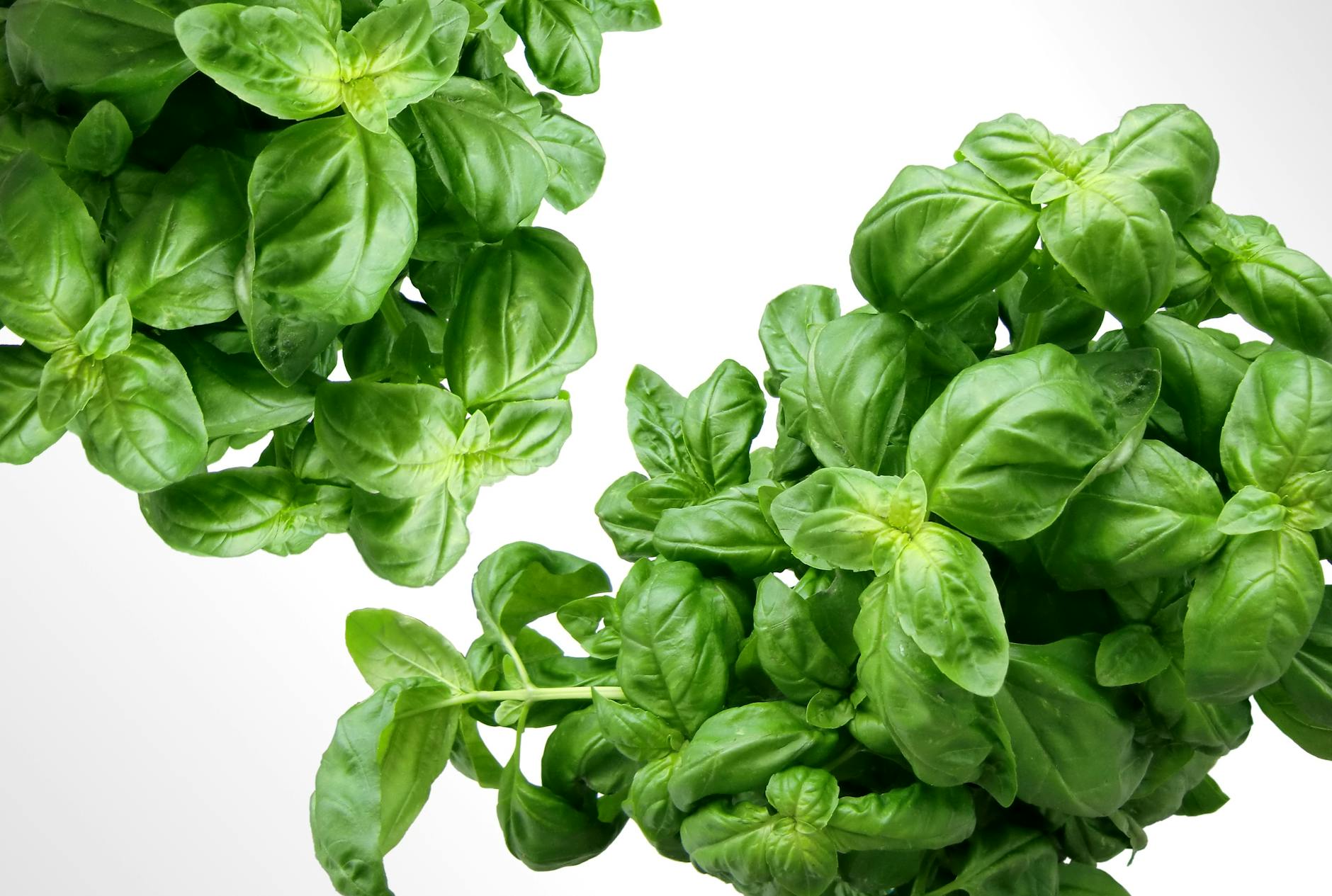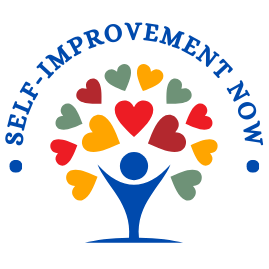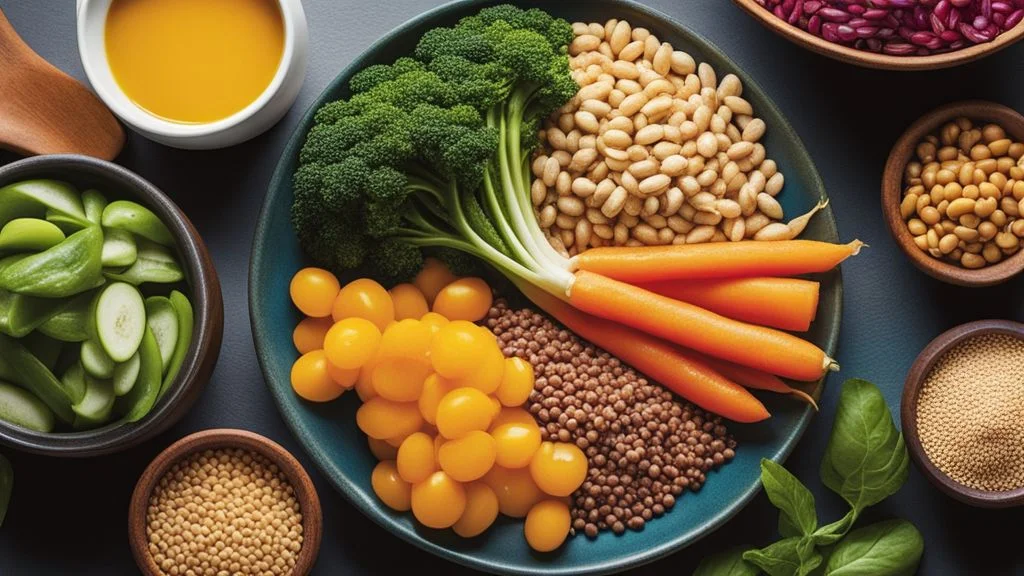Is Plant-Based Eating Really Better for Our Health in 2024?
Have you ever wondered if eating more plants could be the key to better health? You’re not alone. Plant-based diets are grabbing headlines everywhere, with promises of improved well-being and reduced disease risk. We all love a good health hack, right?
Many studies now show that plant-based diets might actually deliver on these promises. From boosting cardiovascular health to lowering cancer risks, the benefits seem clear. But is munching on veggies and skipping steaks worth all the hype? We’ll dive into the health benefits and potential pitfalls of eating plant-based, so stick around and decide if this lifestyle could be right for you.
For more insights, check out this engaging YouTube video exploring whether a vegan diet is healthier than consuming meat and dairy.
Isn’t it time we cleared up the confusion about plant-based diets and made informed choices for our health? Let’s get into it!
What Are Plant-Based Diets?
Plant-based diets have been a hot topic lately, buzzing around more than a beehive in spring. But what exactly are they, and how do they differ from vegetarian or vegan diets? The name might give it away, but plant-based diets are all about focusing on foods that come from plants. That includes the popular fruits and vegetables, but it’s not stopping there! Whole grains, nuts, seeds, and even legumes (think beans and lentils) are all part of this mix.
Unlike vegetarian or vegan diets, which completely shun meat or animal products, plant-based diets aren’t that strict. They allow occasional consumption of animal products, but the spotlight is definitely on plant-derived foods. It’s like playing the role of the sidekick in a superhero movie. The plant-based diet is the main star, drawing the crowd with its vibrant colors and rich nutrients. So let’s break this down and check out what makes up this vibrant diet.
Key Components of Plant-Based Diets
When it comes to structuring a plant-based diet, there are essential food groups to focus on. These foods naturally provide the body with the rich nutrients it needs. Here’s what makes them indispensable:
- Fruits and Vegetables: These are the bread and butter, or perhaps the kale and berries of plant-based diets. Packed full of vitamins, minerals, and fiber, fruits and veggies are like the fuel to our plant-based engine. They’re a colorful array of health, offering more dietary benefits than we can shake a stick at. Check out this guide to learn more about their benefits.
- Whole Grains: Think along the lines of oatmeal, brown rice, and quinoa. These grains are unrefined and retain their bran and germ, making them high in fiber and other crucial nutrients. They’re like the reliable backbone, offering structure and consistency to keep us moving smoothly.
- Nuts and Seeds: These small but mighty powerhouses are rich in healthy fats, protein, and essential minerals. Whether you’re munching on almonds, walnuts, chia, or flaxseeds, they provide a nice crunch and a healthy dose of nutrition.
- Legumes: Beans, lentils, and peas are another key player. They are the multitaskers, offering protein that even meat lovers might respect, alongside fiber, vitamins, and minerals.
All these components come together like an orchestra, playing a melody that sings of health and vitality. Each part is essential, contributing to the overall harmony of the plant-based diet. If you’re curious to learn more about the benefits of a plant-based diet, this article offers a deeper dive.
 Photo by Pixabay
Photo by Pixabay
Now that we’ve laid out the main components, think of these ingredients as the building blocks of a strong foundation. Each plays its own role in supporting our health, like pillars holding up a temple of well-being.
Health Benefits of Plant-Based Diets
Switching to plant-based diets is like giving our health a big hug. Not only is it about savoring those green and vibrant colors on our plates, but it’s also about embracing a lifestyle that could lead to living a fuller, healthier life. From reducing chronic disease risk to boosting digestive health, the benefits are plenty. Let’s dig into how a plant-based diet holds the key to these health benefits.
Reduction in Chronic Disease Risk
When we talk about getting healthier, many of us worry about diseases like heart disease, type 2 diabetes, and certain cancers. Plant-based diets may offer a ticket to lowering these risks. How? It’s packed with nutrients that help keep our bodies in check. Think of it as an army of little soldiers fighting against disease.
- Heart Disease: Studies reveal that plant-based diets that include fruits, veggies, grains, and legumes can lower cholesterol levels and blood pressure. Harvard Health emphasizes how these foods help reduce heart disease risk.
- Type 2 Diabetes: A healthful plant-based diet can improve insulin sensitivity, reducing the chance of developing diabetes. The National Library of Medicine even highlights this connection.
- Certain Cancers: Reducing meat intake and opting for more plant foods could cut cancer risks. These foods are rich in antioxidants which fight off cancer-causing agents.
Improvement in Digestive Health
Imagine your digestive system as a complex highway where nutrients travel. Fiber acts as the road cleaner, ensuring everything moves smoothly. Plant-based diets are known for their high fiber content, contributing to better gut health.
- Fiber’s Role: High fiber intake from plant foods keeps our digestive tract functioning well. It acts like a broom, sweeping away debris and toxins.
- Gut Health: Fiber is food for good gut bacteria. This means a happier, healthier gut, reducing issues like constipation and bloating. According to the American Heart Association, fiber-rich foods contribute to a balanced digestive system.
 Photo by Pixabay
Photo by Pixabay
Weight Management
Keeping a healthy weight is important for our overall well-being. Plant-based diets can be a helpful friend in this journey.
- Lower Calories: Plant foods are often lower in calories, making it easier to maintain or achieve a healthy weight. Foods like leafy greens and fruits can fill us up with fewer calories.
- Healthy BMI: By eating more plants and less processed junk, we often see improvements in body mass index (BMI). A comprehensive study even showed that folks on plant-based diets often have a better BMI compared to those on regular diets.
Making the shift to a plant-based diet isn’t just about a temporary change; it’s about committing to a healthier you. With so many benefits on the plate, literally and figuratively, it’s a tasty way to invest in our health.
Nutritional Considerations
Eating a plant-based diet is like setting out on a culinary adventure filled with vibrant colors, flavors, and a smorgasbord of health benefits. But, we have to admit—it’s not all rainbows. You might be wondering: Are we getting all the nutrients we need? Getting the right nutrients is essential when embracing this lifestyle. Let’s unpack the essentials that our bodies crave and where we can find them in a plant-based menu.
 Photo by Pixabay
Photo by Pixabay
Essential Nutrients in Plant-Based Diets
Finding the right balance of nutrients helps keep the body working like a well-oiled machine. Here’s a breakdown of some key nutrients and how to incorporate them into your diet:
- Protein: Often a hot topic, protein is the building block of life. Thankfully, the plant kingdom has us covered. Think about lentils, chickpeas, quinoa, and even vegetables like spinach and broccoli. They’re protein-packed and ready to boost your diet. Plant-Based Diets emphasize the variety and richness of plant proteins, ensuring a balanced intake without any animal products.
- Iron: Iron keeps our blood pumping and energy levels thriving. While meat is often known for its iron content, foods like tofu, beans, and pumpkin seeds are iron-rich alternatives. Pair them with vitamin C-rich foods like citrus fruits to enhance absorption.
- Calcium: For strong bones and teeth, calcium is crucial. While dairy is the go-to source for many, fortified plant-based milks and tofu can provide the calcium we need. Let’s not forget about almonds, chia seeds, and leafy greens like kale and bok choy.
- Vitamin B12: This vitamin is a bit tricky since it’s primarily found in animal products. But fear not! Fortified cereals, plant milks, and supplements can keep us B12 balanced. It’s an essential vitamin, so ensure it’s included in your dietary routine.
Ensuring we receive these nutrients will help us thrive on a plant-based diet. For more in-depth guidance, you might want to peek at this Harvard Blog on Plant-Based Diets to better understand how these nutrients play a part in overall health. It’s all about finding what works best for our bodies and enjoying the delicious journey.
Practical Tips for Transitioning to a Plant-Based Diet
Switching to a plant-based diet can feel like embarking on an exciting new chapter in your life. While the benefits for health and the environment are numerous, getting started might be daunting. But don’t worry; we’re here to guide you through this refreshing lifestyle change with some practical tips and tasty meal ideas. It’s not just about giving up meat; it’s a whole new culinary adventure!
Simple Swaps and Meal Ideas
Embracing a plant-based diet doesn’t mean you have to give up your favorite meals. You can make simple swaps to incorporate more plant-based options into your daily routine. Think of it as upgrading your meals rather than replacing them.
Here’s a list of ideas to get you started:
- Breakfast Swaps: Replace scrambled eggs with a tofu scramble packed with your favorite veggies. Instead of cow’s milk in your cereal, try almond or oat milk.
- Lunch Options: Swap chicken in your salad with chickpeas or grilled tempeh. Spread hummus on whole-grain bread instead of mayonnaise.
- Dinner Delights: Love pasta? Opt for whole grain or lentil-based pasta topped with a rich tomato and mixed vegetable sauce. Replace steak with a hearty portobello mushroom marinated in balsamic vinegar.
- Snack Time: Reach for some nuts, fruit, or carrot sticks with avocado dip instead of chips.
For more creative and delicious plant-based meal ideas, check out This Beginner’s Guide to a Whole-Food, Plant-Based Diet.
Planning Balanced Meals
Once you’ve started making swaps, planning balanced meals is the next step to ensure you’re meeting your nutritional needs. It’s crucial to include a variety of foods to get all the essential nutrients your body requires.
Consider these key components when planning your meals:
- Protein Power: Incorporate beans, lentils, tofu, quinoa, or chia seeds into your meals.
- Healthy Fats: Avocados, nuts, seeds, and olive oil are excellent choices.
- Colorful Veggies: Aim for a rainbow on your plate with a variety of vegetables to get different vitamins and minerals.
- Whole Grains: Choose brown rice, quinoa, or whole wheat pasta over refined grains.
Crafting meals with these elements can be as simple as mixing and matching. A quinoa salad with black beans, cherry tomatoes, avocado, and a squeeze of lemon juice makes a delicious and balanced meal.
For additional guidance on creating well-rounded plant-based meals, you might find this 7-Day Plant-Based Diet Meal Plan helpful for more inspiration.
Switching to a plant-based diet can be straightforward, fun, and incredibly beneficial. With some planning and creativity, you’ll be on your way to delicious meals and better health.
Conclusion
We’ve explored the many health benefits of adopting a plant-based diet, from lowering the risk of heart disease to improving gut health. These diets are rich in essential nutrients like fiber, healthy fats, and vitamins, which are crucial for maintaining optimal health. They’re not only beneficial for our bodies but also gentle on our wallets and the environment.
As advocates for a healthier lifestyle, we encourage exploring this diet change. Start small, perhaps with one meal a day, and see how your body responds. It might be the best health decision we ever make.
What are your thoughts on plant-based diets? Dive into this lifestyle and share your experiences with us. If you’ve already begun, what changes have you noticed? Let’s foster this discussion and learn together.


